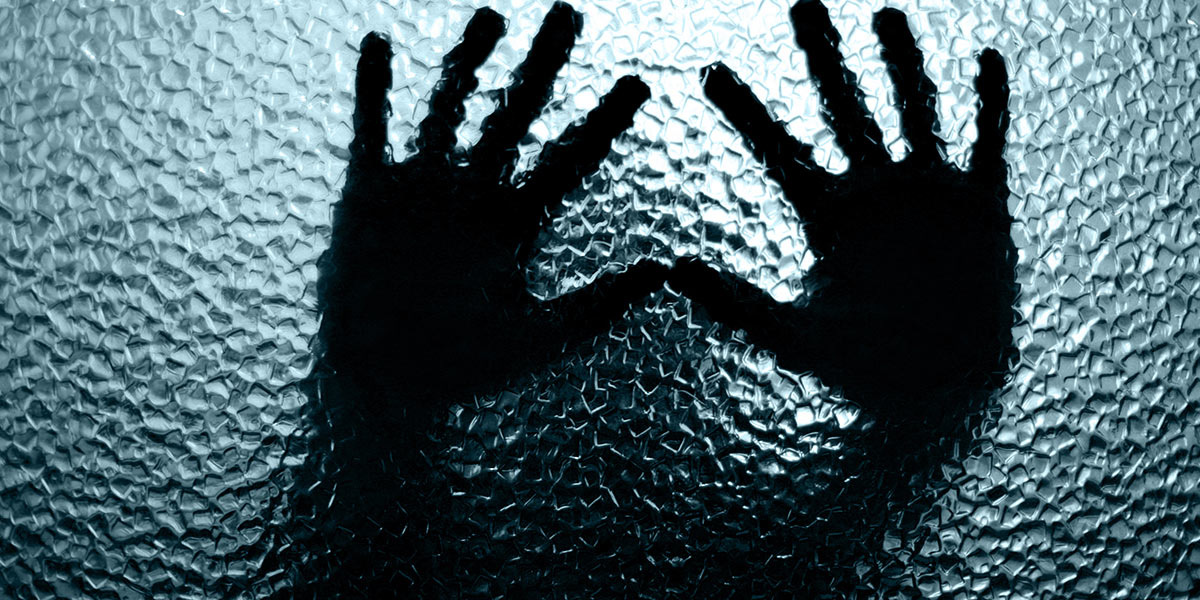Report on violence against queer people in 5 African countries

A new report on violence perpetrated against LGBTQI individuals in Botswana, Kenya, Malawi, South Africa and Uganda has been published.
Released last week by Johannesburg-based LGBTIQ group Iranti, the report is based on a study commissioned by the Arcus Foundation.
The study sought to assess data collection and reporting mechanisms by civil society organisations, non-governmental organisations (NGOs) and government institutions related to violence perpetrated against LGBTQI people in the five countries.
According to Iranti Director, Jabu Pereira, “evidence of violations is the only way in which our governments can believe, respond and plan for better interventions,” adding that “Hate and violence exist because of systemic failures to adequately protect persons on the grounds of sexual orientation, gender identity and sex characteristics.”
The report found that challenges faced in collecting data in the five countries include the lack of documentation of hate crimes by governments and the reality that the authorities are themselves often the perpetrators of discrimination and violence against LGBTIQ people. Transgender and intersex persons in particular also face a unique set of risks that are often neglected in data collection.
“The burden of data collection has, for the most part, fallen onto NGOs. Again, with the exception of South Africa, governments collect little data on violence perpetrated against LGBTQI persons,” explain the authors.
The report notes that although there has been an increase in the number of civil society organisations advocating for an end to violence against LGBTQI persons and immense legislative strides made with regards to the affordance of LGBTQI human rights, “violence continues to proliferate and mars the experiences of many an LGBTQ person.”
Of the countries analysed in the study, only two (Botswana and South Africa) have decriminalised homosexuality. While this has not necessarily had positive implications for the rates of violence against LGBTQI persons, the authors say that it has at least afforded LGBTQI individuals who have experienced violence recourse to the legal framework.
Some of the findings featured in the report include that 42% of LGBT people surveyed in Botswana in 2018 had experienced physical violence in their lifetime and 25% had experienced physical violence in the past year.
In Kenya, 17% of men who have sex with men (MSM) that took part in 2014 study said they’d been subjected to sexual violence, including rape, during the preceding six months. While in Uganda, 27% of 115 LGBTIQ people interviewed said they’d faced violence between May and December 2016.
“Physical violence is a very serious threat to LGBTQI persons and must continue to be closely monitored. This must include intimate partner violence, which was identified across the board as a serious problem,” states the report.
Recommendations include ensuring the sustainable, consistent and coordinated collection of data as well as holding states accountable. “There is a serious need to address the impunity afforded to state actors, in the healthcare sector, and particularly in law enforcement,” say the authors.
To download and read the report, click here.
Leave a Reply